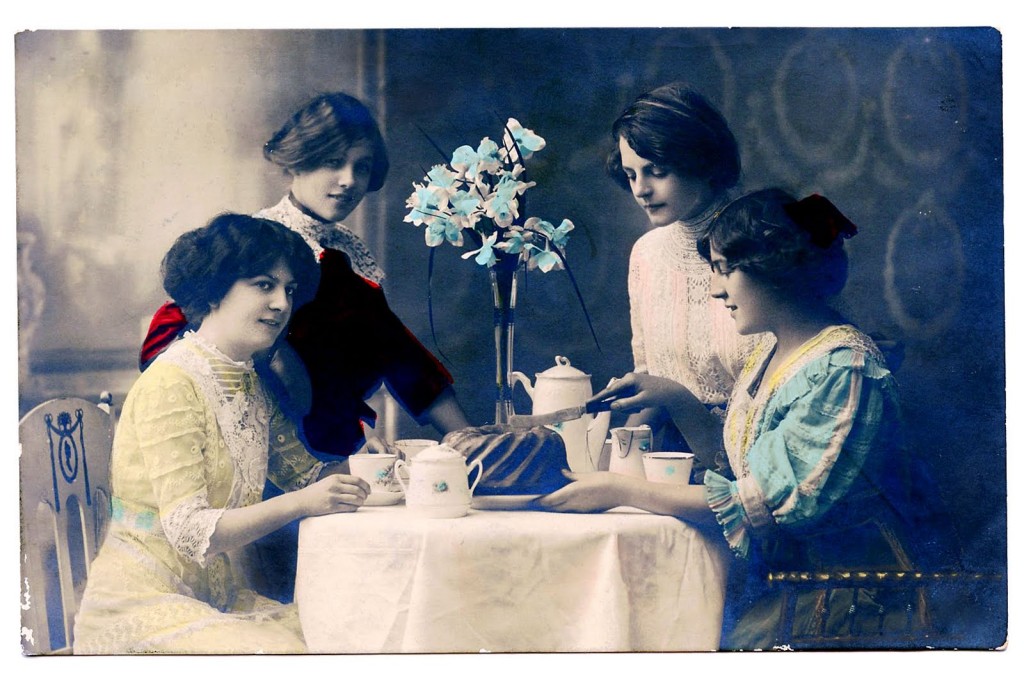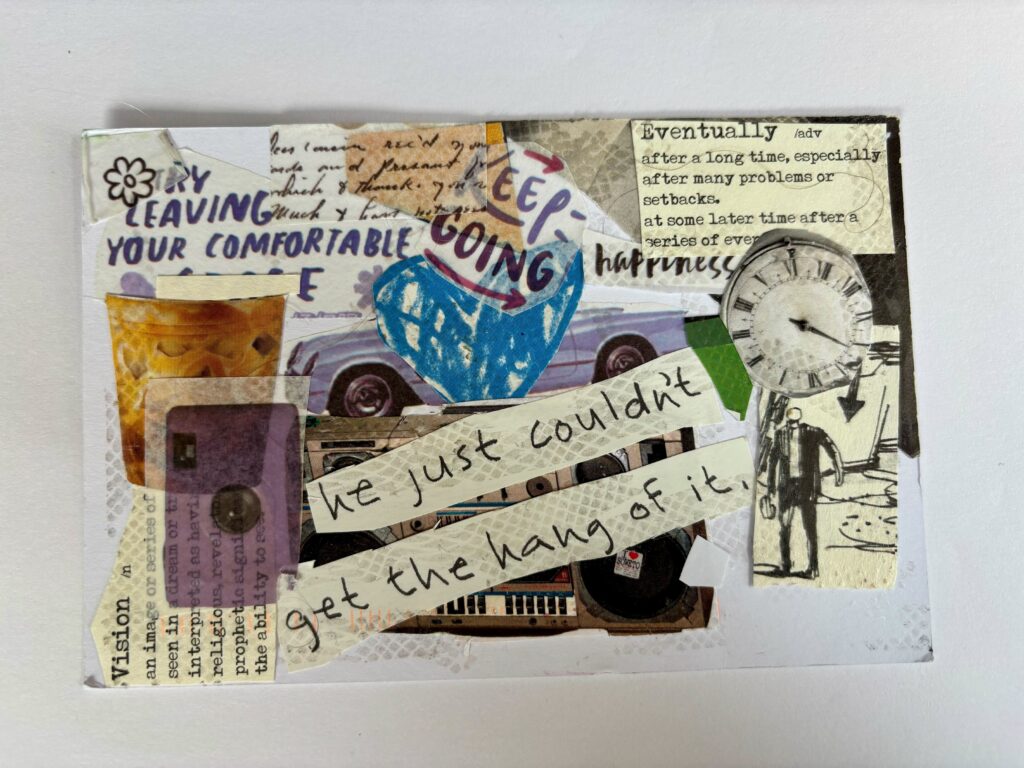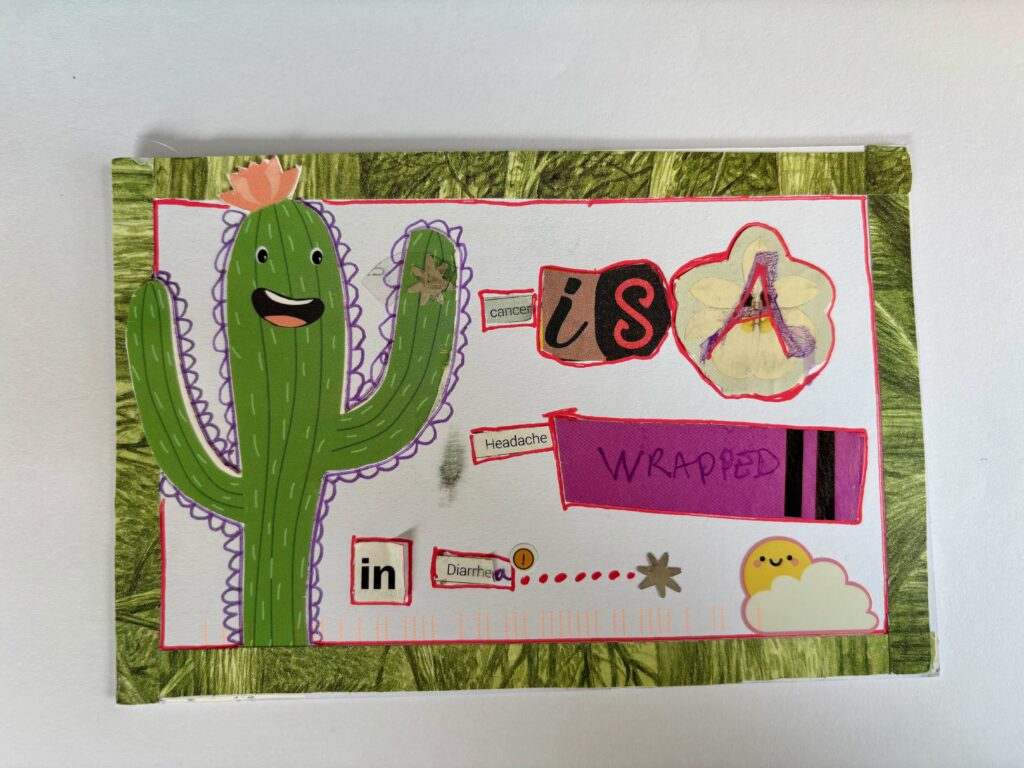Caregivers are often found behind the scenes. While the patient receives the well wishes and the warm thoughts, the caregiver is always on call. I can tell you that being a caregiver is exhausting. When my mother was ill, I played graduate student 3 days a week and present caregiver for the remaining 4. I was up in the middle of each night to help care for her and I was on call each day to get her ready, spend time with her, and take her where she needed to go.
Here at Lacuna Loft, we recognize that young adults act as caregivers and that often, their friends don’t quite understand the grand responsibility this entails. Being a caregiver is really hard and is made even harder when your normal, same-aged young adult support system doesn’t know what to do because they haven’t faced anything like this before. Here is the truth though…being the friend of a caregiver is hard too. Not knowing what to do to help support a caregiving friend can feel really awful. Your young adult caregiving friend isn’t around as much anymore, what they are facing each day may make you uncomfortable, and they may not have a lot of emotional energy left for your relationship. Here are a few tips that we’ve put together, to help you continue to relate with and support the young adult caregiver in your life.
How to Care For a Caregiver…
Offer to come over and help around the house for a few hours.
If your caregiving friend tells you not to bother or that the house is a mess…just nicely say that you don’t mind because you would really like to come over. Caregiving can be really isolating… especially when the caregiver’s group of friends have trouble relating to the situation at hand. Your presence and support around the house will be very much appreciated.
Let your caregiving friend rant.
It is likely that your caregiving friend deals with so many emotions through out the day. Caretaking for a loved one who is experiencing health issues is a really difficult thing to manage, both physically and emotionally. Allow your young adult caregiving friend to just sit and complain. Let them go through a situation, blow by blow, and feel listened to.
Don’t judge your caregiving friend’s rant.
Near the end of my responsibilities as caregiver for my mother, her short term memory was almost non-existent. One day, she had lunch and then I helped her move from the table to a chair. I wanted her desperately to take a nap. Instead she explained how she really wanted a sandwich. After preparing lunch, cleaning everything up, and moving her from the table to a chair, I did not want to make a sandwich and repeat the whole process. She asked me why I was refusing to do something so simple for her when she could not do it for herself. I don’t remember what I said to her but I do remember walking straight out the front door to find my father, working in the yard, so that I could rant to him. In this case, it was caregiver ranting to caregiver, but it worked. My father listened and understood. He didn’t judge my frustrations with such a simple issue because he understood that the act of taking care of my 56 year old mother when she could no longer take care of herself was heartbreaking to all of us. Each caregiving act was tainted with the realizations that things “should” not be this way.
Ask if your caregiving friend’s family might need help with family meals…and then ask again.
If you would have asked my family early on in my mother’s health decline, if we needed help with grocery shopping or meal preparation, we probably would have told you no. Then a mother in my little brother’s boy scout troop set up a meal train for my family. Each day (or a few times a week), a full meal was dropped off at our house. If we weren’t at home, my dad kept a cooler on the front porch where the meal could be left. For months, we did not have to go grocery shopping for more than breakfast and everyday eating and home essentials (think milk and toilet paper). This created so much more time for my family to take care of ourselves and my mother.
Ask directly if something like GiveForward would be helpful.
Money is quite the taboo subject in the United States. Knowing what is ok to say and what is not ok to say in tough situations can make approaching this money subject even more difficult. (We have talked about this a little bit before, here). I have found, both in caregiving for my mother and in being a cancer patient, dancing around a subject just makes things harder! If you are unsure, just ask! If you know of someone going through a crisis, or someone caregiving for a family in crisis, ask if a service like GiveForward might help them out. GiveForward helps fundraise for medical or vet bills and they provide a lot of support throughout the whole process.
Keep inviting your young adult caregiving friend out, even if they rarely accept the offer.
While I was caregiving, I lived 3 days a week in one state and 4 days a week in another. Usually weekends were spent away from friends, at home with my family in my caregiving role. This meant that weekend, young adult activities were pushed to the way-side for months. Some of my friends understood that, even if I didn’t have a lot of time or energy for them, I still loved them and needed them in my life. Other friends couldn’t understand this and we went our separate ways. This is one of the realizations that occurs when something life changing occurs. Being a caregiving is isolating. Keep asking your caregiving friend out for dinner/drinks/whatever, even if they never happen to be in town when the event occurs.
Ask if your caregiving friend might need any additional help caregiving…and then ask again.
My dad and I thought that we had everything under control while we were caregiving for my mom. Week after week though, we became more and more drained by the responsibility. Eventually, I persuaded my dad to hire someone from a company called Visiting Angels. While their website explains that they specialize in elderly care (and my 56 year old mother was not elderly), they can help you take care of anyone who cannot take care of themselves. Someone from Visiting Angels came over for just a few hours each week. Having someone else over to help get my mom ready, take her to the bathroom, or cook a meal was absolutely fabulous. I cannot explain how much relief this brought to me and my father. With someone helping out for even just a few times each week, we could just spend time with my mom while not feeling drained by also carrying out each caretaking responsibility.
Encourage your caregiving friend to keep you up to date on their schedule/needs/wants/worries/etc. but don’t get hurt if they don’t.
Similar to the item above, sometimes your caregiving friend will be present (physically and/or emotionally) and sometimes they won’t be. I had friends who understood this…and others who just couldn’t. My days as a caregiver were exhausting and I couldn’t find the emotional energy to keep everyone in my life up to date with a phone call, email, or text message. I loved it when people called and checked in with me and I did my best to get back in touch with people that I hadn’t talked to in a few weeks. Like I said before, being a caregiver is isolating. Keep getting in touch with your caregiving friend, even if they don’t always reciprocate.
Do you have any others that you’d like to add to the list? Let us know!








